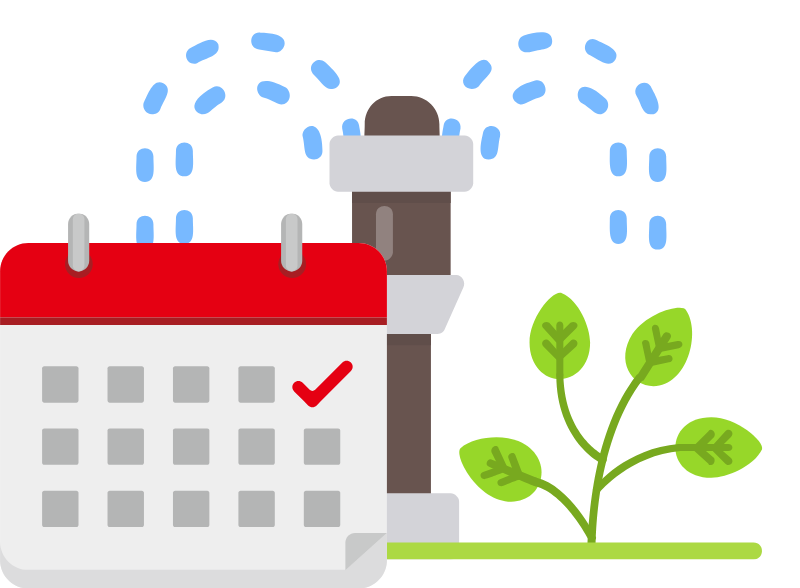Water Conservation and SCWA

Protecting Our Water Starts With You
Suffolk County’s only source of drinking water is our underground aquifer system—a natural resource formed thousands of years ago. While it provides an abundant supply, it's not unlimited. Water demand is on the rise, making conservation essential for long-term sustainability.
But conserving water isn’t just about how much we have—it’s also about when we use it. During spring and summer, demand spikes, especially in the early morning when most automatic sprinklers run. This puts a major strain on our water infrastructure, which means more wells, pipes, and pump stations—all costly projects that impact water rates.
That’s why SCWA is committed to helping customers use water wisely.
Here’s how you can get involved:
 Follow the odd/even lawn watering schedule to reduce peak demand.
Follow the odd/even lawn watering schedule to reduce peak demand.
.png) Take advantage of our WaterWise programs, which offer account credits for water-saving devices and free consultations with SCWA experts.
Take advantage of our WaterWise programs, which offer account credits for water-saving devices and free consultations with SCWA experts.
.png) Join the Our Water Our Lives campaign from the Long Island Commission for Aquifer Protection.
Join the Our Water Our Lives campaign from the Long Island Commission for Aquifer Protection.
Click the links below to learn more!
Have questions? Want help saving water? Call us at 631-292-6101.

